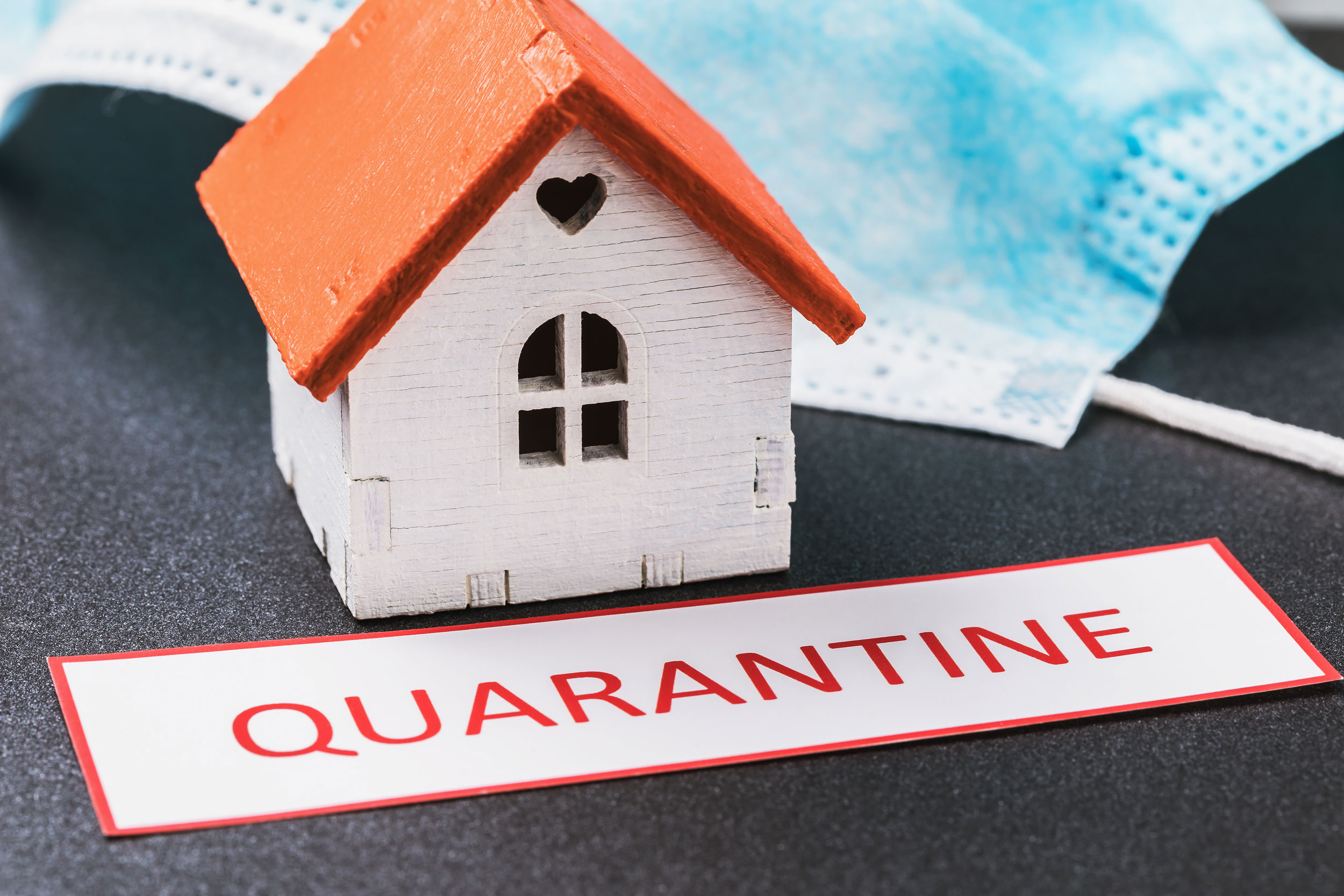Democratic Party MP Gusty Graas asked the Minister of Health whether such an adaptation of the quarantine regime could also be envisaged in Luxembourg and whether such an adaptation could not lead to a form of discrimination.
« Sur la base de données scientifiques, le président de la Commission fédérale pour les questions de vaccination en Suisse a annoncé une adaptation de la réglementation de la quarantaine. En cas de contact avec un cas confirmé de Covid-19, les personnes entièrement vaccinées avec des vaccins à ARNm seront exemptées, pour une période de six mois, de quarantaine à partir de 14 jours après l’administration de la deuxième dose de vaccin. Cette disposition ne s’applique pas aux personnes qui reviennent de vacances d’un pays à risque.
À ce sujet, j’aimerai poser les questions suivantes à Madame la Ministre de la Santé :
- Madame la Ministre a-t-elle de nouvelles connaissances sur l’infectiosité des personnes vaccinées ?
- Madame la Ministre, est-elle au courant de cet ajustement du régime de quarantaine en Suisse ?
- Madame la Ministre, envisage-t-elle d’adapter le régime de quarantaine des personnes vaccinées au Luxembourg à partir du moment où tous les résidents auront eu l’occasion de se faire vacciner ?
- Un tel ajustement ne pourrait-il pas entraîner une forme de double discrimination entre, d’une part, les personnes vaccinées et non-vaccinées et d’autre part entre les personnes vaccinées avec des vaccins à ARNm et les personnes vaccinées avec d’autres vaccins ?»






